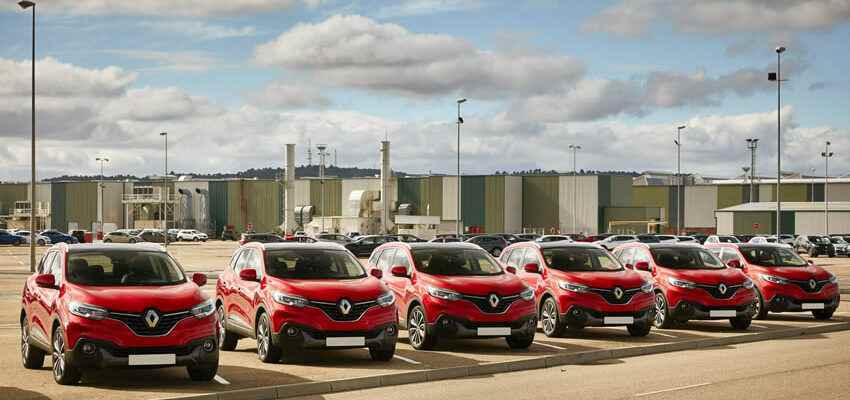by Gilles Guillaume
PARIS, Aug 30 (Reuters) – Renault could welcome the Chinese car manufacturer Geely Automobile Holdings and an oil group to the capital of the future thermal engine entity it will create alongside an entity dedicated to electrical and software , but not Nissan, two sources close to the diamond group told Reuters.
The French car manufacturer must detail in the fall during a “capital market day” its project aimed at creating within it an electrical pole based in France, and another based abroad and bringing together engine and gasoline and hybrid transmissions in Spain, Portugal, Turkey, Romania and Latin America.
If Renault intends to remain the majority shareholder in its “Ampère” electrical division, which will employ around 10,000 people and which it could list on the stock market in the second half of 2023, it plans to remain the only reference shareholder of its “Horse” thermal entity, which will have a similar workforce.
According to the two sources, Renault would retain 40% of the thermal entity, Geely would enter at the same level, 40%, and the oil company at 20%.
“The final diagram is not locked and other tracks exist for the partner manufacturers”, specifies however one of the sources.
This would leave no room for Nissan, to which the French group has nevertheless offered to participate, added the two sources, further reinforcing the feeling that the strategy of the two historical partners of the Franco-Japanese alliance continues to diverge. .
Questions about the future of the alliance between Renault and Nissan have been recurrent since the disgrace of Carlos Ghosn who had embodied it for a long time. Renault, Nissan and Mitsubishi predict that more than 80% of their models will be based on common architectures in 2026, but the question remains open for the following decade.
The alliance is now based on a more pragmatic logic of shared projects or not, each time with a “leader” and a “follower” depending on technologies and geographies.
A Renault spokeswoman declined to comment, as did a Geely European spokesperson. No immediate comment could be obtained from a spokeswoman for Nissan Europe.
By sharing the costs of a diesel and gasoline activity that is still dominant, but set to decline inexorably over the decade, particularly in Europe due to changes in regulations, Renault hopes to free up funds to reinvest in electrics, a technology which he pioneered with Nissan and Mitsubishi, but where he is now eclipsed by “pure players” like Tesla.
The arrival of an oil group in the thermal entity would also help the development of green hydrogen and the infrastructures required for this other revolution that the automotive sector will experience alongside battery electricity, added one of the sources. .
Engaged in a drastic restructuring to redress its financial situation, Renault recently sealed new associations alongside its historic alliances with Nissan, Mitsubishi and Mercedes.
He thus turned to Geely, already owner of Volvo Cars and shareholder of Mercedes, to whom he sold 34% of his South Korean subsidiary at the beginning of May and with whom he intends to initially develop hybrid vehicles produced in the Renault plant in Busan. (Gilles Guillaume, with Norihiko Shirouzu in Beijing and Nick Carey in London, edited by Sophie Louet)
